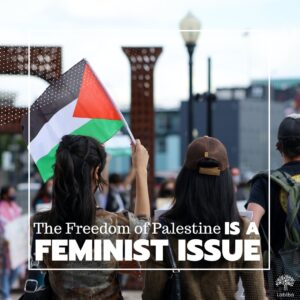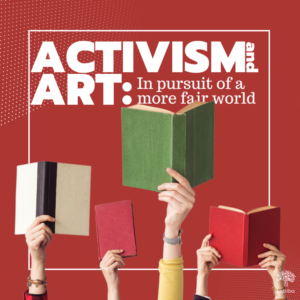The development of a comprehensive, multidimensional, unbiased historiography concerning the birth of the State of Israel is problematic, to say the least. And the subsequent exacerbation of the newborn State’s foreign relations and actions in the region has proved challenging to unravel historically, politically, and intellectually.
A different version of events
The Israeli-Palestinian conflict is, undoubtedly, a geopolitical puzzle yet to solve; and the intrinsic ambiguity that permeates its causes and implications hinders the path of the historian looking for the truth. The historiographical dilemma of truths versus facts fuels confusion, frustration, and anger. It alienates Palestinians from a world that has had little to no chance to assess a different version of events from that of official Israeli historians since 1948.
Stating whose truth is to believe is far beyond the scope of the following piece. “There can be no agreement on what actually happened in 1948; each side subscribes to a different version of events”, writes Israeli-British historian Avi Shlaim in 1995. I will instead provide a short analysis of Shlaim’s “The Debate About 1948”. All with the aim of sharing his engaging evaluation and opinions on such a historiographical dilemma, emphasising who the new historians are.
An alternative historical perspective
In the academic article “The Debate About 1948” (1995), Avi Shlaim attempts to unearth the nationalist, thus propagandistic nature of Zionist politics of 1948. The author provides an alternative (new) historical perspective on what the Israeli call The War of Independence – otherwise known as al-nakhba, or ‘the disaster’, by the Palestinians – re-analysing and questioning the core narratives formed in the aftermath of the war. Shlaim argues that the Zionist literature, or old historiography, was more propagandistic than descriptive. “It is not history in the proper sense of the word”, he states. He backs up his argument by explaining how “most of the voluminous literature on the war was written not by professional historians but by participants, by politicians, soldiers, official historians, […] sympathetic chroniclers, journalists, biographers and hagiographers”.
Zionist literature surrounding the establishment of the State of Israel was, according to Shlaim’s interpretation, “very short on political analysis of the war and long on chronicles of the military operations”. Israel’s narrative firmly focused on depicting the newborn State’s conduct as “governed by a higher moral standard than that of her enemies”. It was the truth of the victors, the story of heroes, the survival of the Jewish David against an Arab Goliath.
The nationalist character of literature
It is significant to notice how this old literature was fuelled predominantly by a desire to promote the values and legitimacy of the newborn State of Israel. Shlaim stresses the nationalist character of such literature. According to the author its crucial to include an Arab version of the facts, despite it being far less documented and still classified at the time of Shlaim’s article. His appeal to the new historiography aims to uncover the version that the Western narrative has neglected and overshadowed for decades.
Conquerors, my son, consider as true history only what themselves have fabricated. Shlaim uses these words from Emile Habiby’s tragicomic novel to start his 1995 article, reprinted in 1999 in Ilan Pappé’s “The Israel/Palestine Question”.
Avi Shlaim was referred to as a revisionist or new historian, alongside Gavriel Cohen, Yaacov Shimoni, Meir Pail, Rony Gabbay, and others. “It is generally true to say that they have carried out extensive archival research in Israel, Britain and America and that their arguments are backed by hard documentary evidence and by a Western-style scholarly apparatus“. Shlaim thus expresses the importance of the new history. His academic work and that of his fellow academics proved crucial to broaden our understanding of the history we read and study (and all its versions). And to question it and ourselves in the process – an ongoing process, in Shlaim’s own words: “Battles between historians, like real battles, evidently have to run their course”.
Marta Lioce




